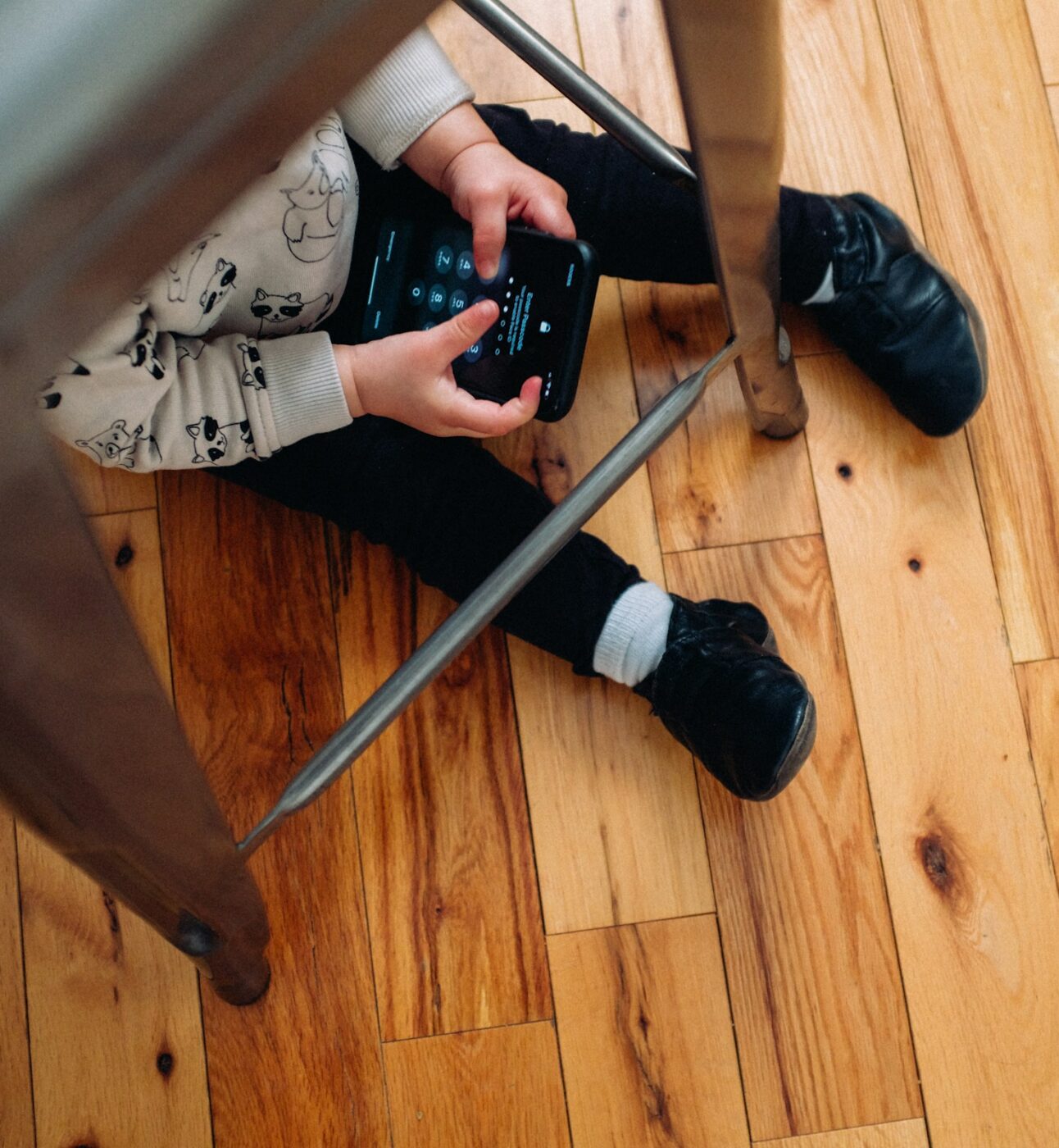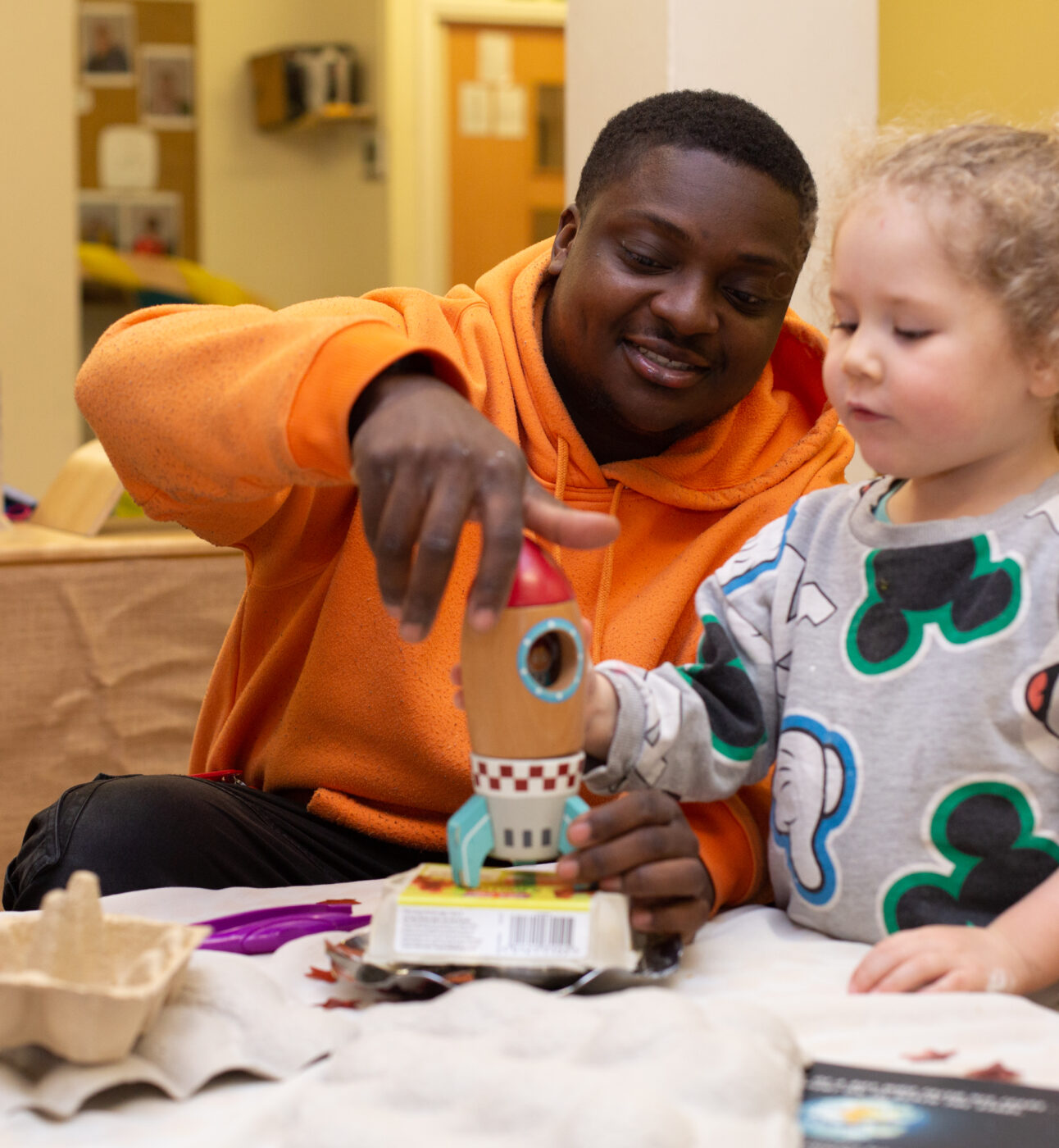
The impact of the mobile phone
It is Good to Talk! The signs of things going wrong in society are usually first evident in small children. The widespread dependence on Smartphones is…
December 3rd 2020
Last Friday (27 November 2020), the Duchess of Cambridge announced the results from her landmark public survey on the Early Years, ‘5 Big Questions on the Under Fives’, which launched in January this year. This marked the first time that the UK public was asked for its views on the topic of early childhood in an open survey which forms part of an extensive body of research commissioned by The Royal Foundation of The Duke and Duchess of Cambridge. Conducted by Ipsos MORI, the huge response rate demonstrated the country’s appetite for talking about the issue and confirmed, yet again, that what happens in the Early Years really does matter – yet not enough people know this! 76% to be precise.
The Duchess provided the keynote, followed by a live panel which, to my mind, detracted from the power and potency of her speech.
She opened by challenging the view that she is only interested in Early Years because she has three small children. Instead, she reflected on her involvement with charities having seen how experiences such as homelessness, addiction, and poor mental health are often grounded in a difficult childhood – but also how positive protective factors in the Early Years can play a crucial role in shaping our futures.
She was clear that parenthood isn’t a prerequisite for understanding the power of the Early Years. The first five years is everyone’s responsibility – especially as small children’s brains are fizzing with activity – and a nod to her recognition of the brain development research.
She highlighted that most parents put the happiness of their children as their number one priority (something our Secretary of State for Education might heed!)
She called for us to be kinder and support parents and when you read some of the findings, this call to action was unsurprising:
Parents prefer to be in the playgroup or the park with their children as they feel less likely to be judged there:
She thanked those who work in the Early Years and recognised that what we do takes hard work and we are not in it for the ‘quick win’ but for the BIG win.
Her conclusion had a Gandhi feel about it because really, what she was asking us was to be the change we want to see – although in her words Big Change Starts Small.
Next year, the Duchess will announce ambitious plans to help elevate the importance of early childhood with the aim of bringing positive change to the lives of children under five across the country and to also reduce the need for late intervention. Lets get behind this public conversation and engage your parents, your friends, your neighbours everyone who can turn that 76% into just 7.6%

It is Good to Talk! The signs of things going wrong in society are usually first evident in small children. The widespread dependence on Smartphones is…

Social enterprises are driven by social justice and deliver a range of public services including health, social care, children, services, education, homelessness, housing, domestic abuse, public health, leisure, culture, employment,…

Release your inner Mariah and sing this in the staff room! Ahhh Ahh, I don’t want a lot for Christmas …